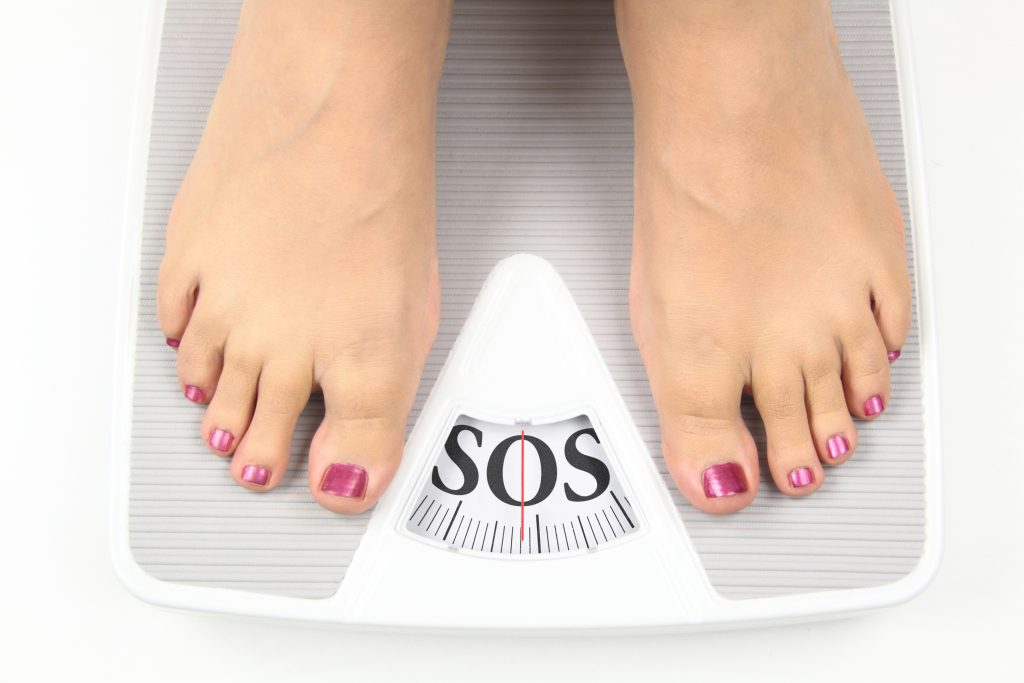Stress accompanies us every day – at work, at school or at home. It can be good and motivating to act (eustress) or bad and harmful to the body (distress). We are not able to completely eliminate „bad” stress. However, we can try to deal with it somehow. We can, and we even have to, because long-term distress can have a very adverse effect on our health, both mental and physical.
Principle 4: Tamed stress
Stress can cause neurosis, depression, sleep problems, concentration disorders, stomach ulcers, cardiovascular diseases, menstrual cycle disorders, decreased immunity or sexual dysfunction. Unfortunately, chronic stress often leads to addictions – alcoholism, drug addiction or drug addiction. How to deal with stress so that it does not have a negative impact on our health? There are different ways to do this.
- Face Your Problems
Some people find it helpful to talk to their loved ones, while others find it helpful to listen to relaxing music, read books or engage in physical activity (movement stimulates the release of endorphins, i.e. happiness hormones). A good way to deal with stress is to be action-oriented. If the cause of our stress is a specific problem, let’s not pretend that it doesn’t exist – let’s face it and try to solve it.
- Do relaxation exercises
Various types of relaxation exercises, including breathing exercises or the so-called autogenic training, can also be helpful. Thanks to breathing exercises, which involve conscious, slow inhalations and exhalations, we can relax in virtually any situation – at work, before a university exam or before entering the doctor. Autogenic exercises, on the other hand, are based on autosuggestion and require the use of imagination. Autogenic exercises are about directing all your attention to a specific part of the body and repeating certain rules, e.g. „my right hand is very heavy”, „I am calm”, etc.
- Principle 5: Prevention is better than cure
In order for us to enjoy good health for many years, we must remember about preventive examinations. We should give in to them even when we think we are perfectly healthy. Why? Because many diseases show their first symptoms, only when they are already at an advanced stage of development. Meanwhile, their quick recognition increases the effectiveness of treatment. The list of basic tests that we should perform regularly – regardless of age or gender – includes a complete blood count, erythrocyte sedimentation rate, glucose level test, blood pressure measurement or general urine test. From time to time, it is also a good idea to do a lipidogram and chest X-ray.
- If you are a man, be sure to examine your testicles and prostate
Men should perform a monthly testicular self-examination. In this way, they have a chance to detect abnormalities early enough – nodules, papules, swelling or pain in the testicles. Every 2-3 years, a man should also go to the doctor for a testicular examination. Around the age of 40, a man should also undergo the first prostate check-up (prostate examination), especially if he feels a greater urge to urinate or notices a weakening of the urine stream.
- If you are a woman, remember about cytology and breast ultrasound
In addition to basic preventive examinations, such as blood count, erythrocyte sedimentation rate, blood sugar test, blood pressure measurement or urine test, every woman should perform a monthly breast self-examination, and every 2 years – starting from 20. A year of age – go for a follow-up breast ultrasound. Cytology will be equally important. A woman should have it at least once every 3 years (in justified cases, the doctor may recommend more frequent check-ups). The basis of preventive health care in the case of women is, of course, regular gynaecological examinations, combined with vaginal ultrasound. You should visit your gynaecologist about once a year.
Principle 6: Healthy sleep is essential
Statistics show that up to 50% of Poles do not sleep well. In this respect, we are the leader among the countries of the European Union. Meanwhile, even a short-term lack of sleep can have a serious impact on health. The nervous system and cardiovascular system will be most affected. Concentration and memory disorders, irritability, hypertension and cardiac arrhythmias will occur. How much sleep we need is an individual matter, depending on gender, age and activity during the day. In general, however, an adult should sleep about 7-8 hours a day. How to help yourself fall asleep? First of all, by creating the right conditions for yourself.
- Temperature matters
The room in which we fall asleep should be quiet and dark. It shouldn’t be too hot in the bedroom either. The optimal temperature for sleeping is about 20 degrees C. It is best to go to bed at fixed times, even on days off. In addition, we should avoid naps during the day. If we do have to lie down, the nap should last no more than 20 minutes. The last, light meal should be eaten about 2-3 hours before bedtime. It is also mandatory to avoid coffee, strong tea or energy drinks.
- Wind down before falling asleep
To make it easier to fall asleep, it’s a good idea to calm down a bit beforehand, e.g. by listening to relaxing music. What if we can’t fall asleep anymore? He certainly can’t try to fall asleep „by force”. In such a situation, it is best to get out of bed, do another activity and return to it when you feel drowsy. A common cause of sleep problems is blue light, which is the light emitted by smartphones, tablets, TV or computer screens. So if you want to get a good night’s sleep, about 3 hours before going to bed, try not to use these devices anymore.

